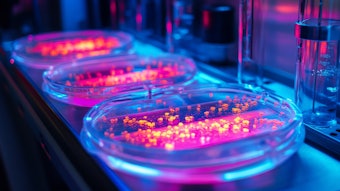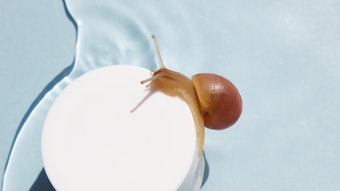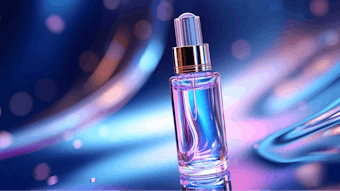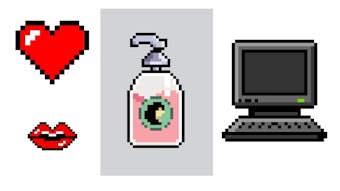Researchers from the The Swiss Federal Institute of Technology Zurich and the University of Lyon have developed a gene therapy method using the apple metabolite phloretin and a gene network encapsulated in algal gelatin capsules.
The alginate capsules were produced with living cells and contained a specially designed genetic network that produced secreted alkaline phosphatase (SEAP). Researchers implanted the capsules under the skin of test mice, then topically applied a specifically formulated test skin cream.
The skin cream was formulated with commercial milk fat and mixed with phloretin. The researchers chose phloretin, an antioxidant found in apples and used in cosmetics as an antiwrinkle agent, because it is known to make cell walls more permeable. Upon application of the cream, the phloretin was found to penetrate the skin, the gel capsules, and the cells contained within; thus, the encapsulated gene was released from the capsule in a precise dose and was stimulated into action, expressing its relevant activity.
As the researchers hypothesized, phloretin reduced the production of the protein. They also believe that a large dose of phloretin in the cream could stop the production of SEAP altogether.
This method was patented and researchers anticipate that the pharmaceutical industry will be interested in further developing the principle. This form of gene therapy reportedly puts no strain on the liver because it acts locally. Also, since phloretin is a molecule that can be found in everyday food, it undergoes rapid degradation in the body. Finally, implants can be stored in the body for a relatively long period of time and are easily removed after the end of therapy or in the event of complications.
Marc Gitzinger and the other researchers from the institute's department of biosystems science and engineering presented their therapeutic approach online in the current edition of the Proceedings of the National Academy of Sciences of the United States of America (PNAS).










